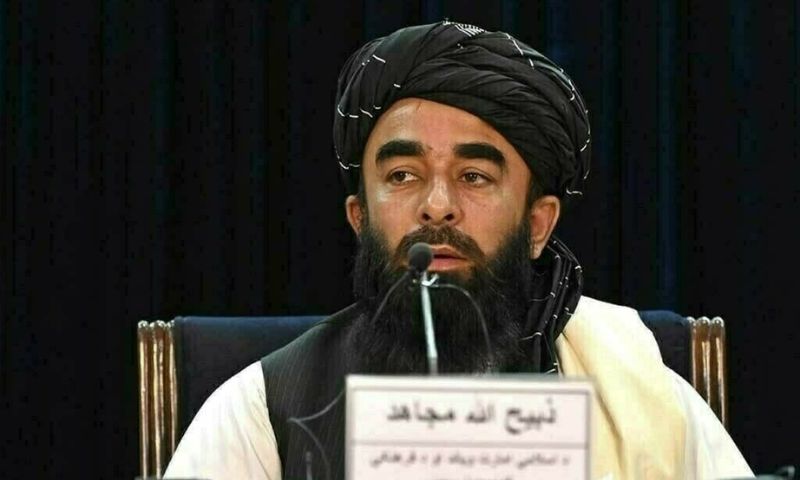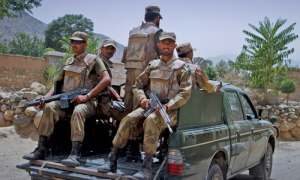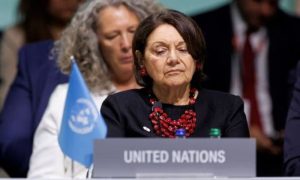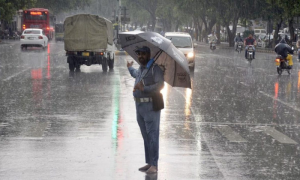KABUL: The Taliban government of Afghanistan said on Saturday that issues pertaining to women’s rights were internal matters for Afghanistan to address, as it prepared to send its first delegation to United Nations-led talks in Qatar starting Sunday.
The talks, initiated by the UN in May 2023, aim to enhance international coordination on engagement with the Taliban, who seized power in 2021. The exclusion of Afghan women from the main sessions of these UN talks has sparked criticism from rights groups.
Zabihullah Mujahid, spokesperson for the Taliban government, during a press conference in Kabul, said that while they acknowledged concerns regarding women’s rights, these were issues to be resolved internally.
“These issues are Afghanistan’s issues,” Mujahid stated, emphasizing that the Taliban government was actively working towards domestic solutions to prevent further conflict and discord within the country.
The upcoming talks in Qatar will include sessions with civil society representatives, including women’s rights advocates, scheduled to meet with international envoys and UN officials on Tuesday, following the official governmental discussions.
Mujahid, who will lead the Taliban delegation, defended their stance on exclusivity at the negotiating table, stating, “If Afghans participate through several channels, it means we are still scattered, our nation is still not unified.”
The Taliban government, which has faced international scrutiny and lacks formal recognition by any state, aims to use the Qatar talks to discuss various issues including combating narcotics and economic development in Afghanistan.
“We have hurdles blocking economic development, which should be removed,” Mujahid remarked. He highlighted economic challenges as central to the UN talks.
The talks in Doha are expected to serve as a platform for exchanging views, particularly with Western countries, without engaging in substantive negotiations.
Despite criticism over the absence of key human rights issues on the agenda, Mujahid reiterated the Taliban’s commitment to fostering positive relations with all nations. “We have hurdles blocking economic development, which should be removed,” Mujahid said.
“If the economy were fine, then all other issues could be solved.”
The international community remains divided over how to engage with the Taliban, with women’s rights emerging as a critical point of contention. The Taliban’s policies since assuming power, including restrictions on women’s freedoms which the UN has likened to “gender apartheid,” continue to draw condemnation.























